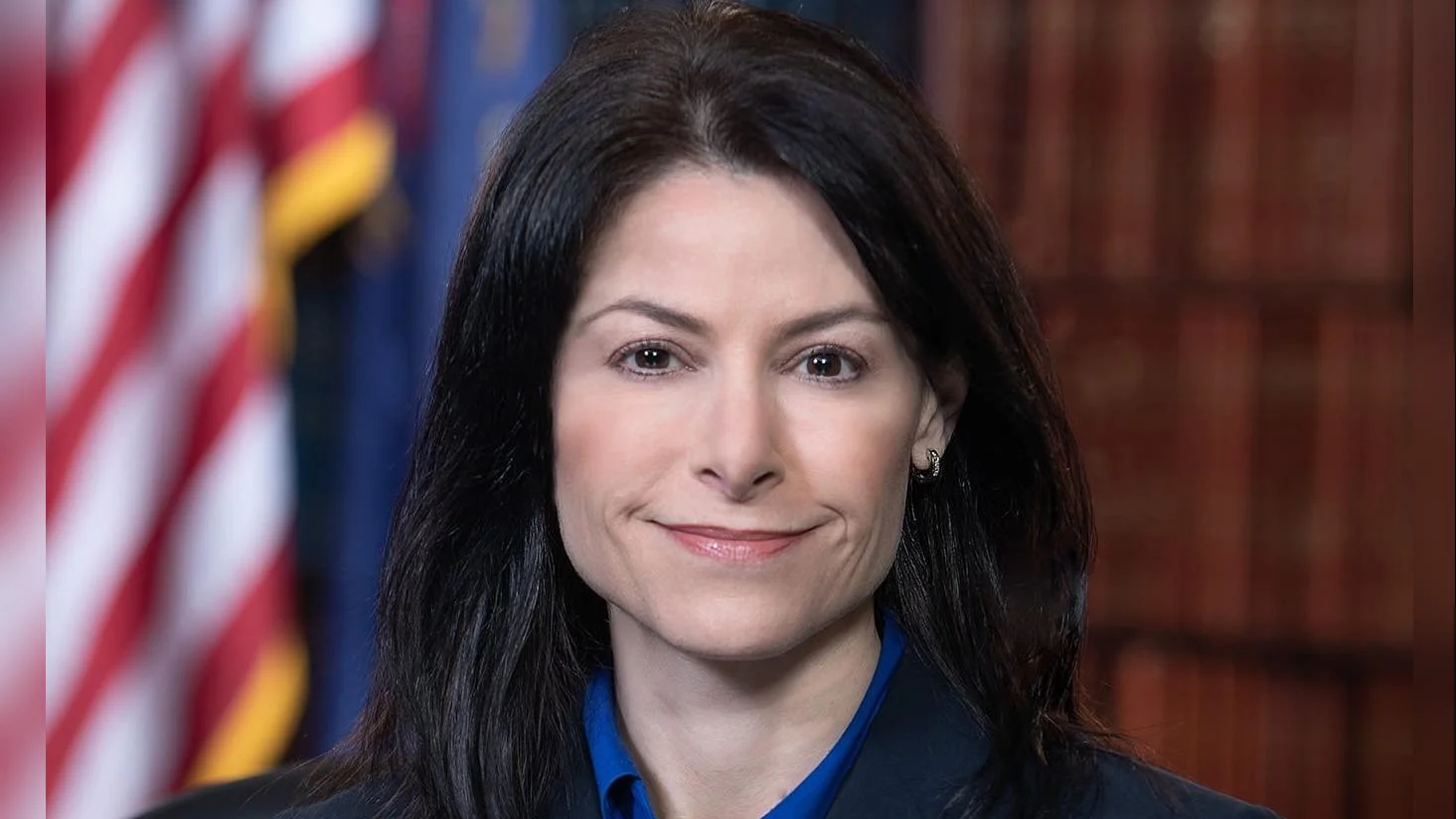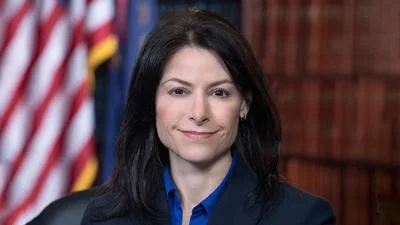Attorney General Dana Nessel | Official website
Attorney General Dana Nessel | Official website
Michigan's Attorney General Dana Nessel, alongside 22 other attorneys general, has formally opposed recent changes proposed to the Affordable Care Act (ACA). The changes would complicate enrollment on federal and state exchanges and bar Deferred Action for Childhood Arrivals (DACA) recipients from accessing health insurance through the exchanges.
The proposed modifications are anticipated to result in 750,000 to 2 million Americans losing their health insurance by 2026, with states facing increased health and economic challenges due to heightened uninsured rates.
"Michigan families are already facing rising prices, and these alarming changes proposed by the Trump Administration would only make health care even more expensive by increasing out-of-pocket costs for everyone," Nessel stated. "Denying Dreamers coverage under the Affordable Care Act doesn’t just hurt them – it leads to more uninsured people in our communities and puts public health at risk. Michiganders deserve better."
Under a Final Rule released by the U.S. Department of Health and Human Services (HHS) and Centers for Medicare & Medicaid Services (CMS) in 2024, DACA recipients gained access to purchase affordable health insurance on ACA exchanges. However, the Trump Administration recently moved to reverse this, potentially stripping DACA recipients of their insurance mid-year, impacting their healthcare continuity.
Another proposed rule alteration aims to shorten open enrollment periods for state ACA exchanges, impacting schedules like Michigan's, which currently runs from November 1 through January 15. In 2024, almost 90% of enrollees in Michigan secured a subsidy, many paying less than $10 a month.
Additionally, another rule amendment would permit insurers to reject applicants who missed an insurance premium payment at any time without requiring notification to the affected consumers, contrary to previous regulations which considered various reasons for nonpayment and existing collection methods.
The letter opposing these changes was signed by attorney generals from states including Arizona, California, Colorado, and others, alongside Attorney General Nessel.






 Alerts Sign-up
Alerts Sign-up